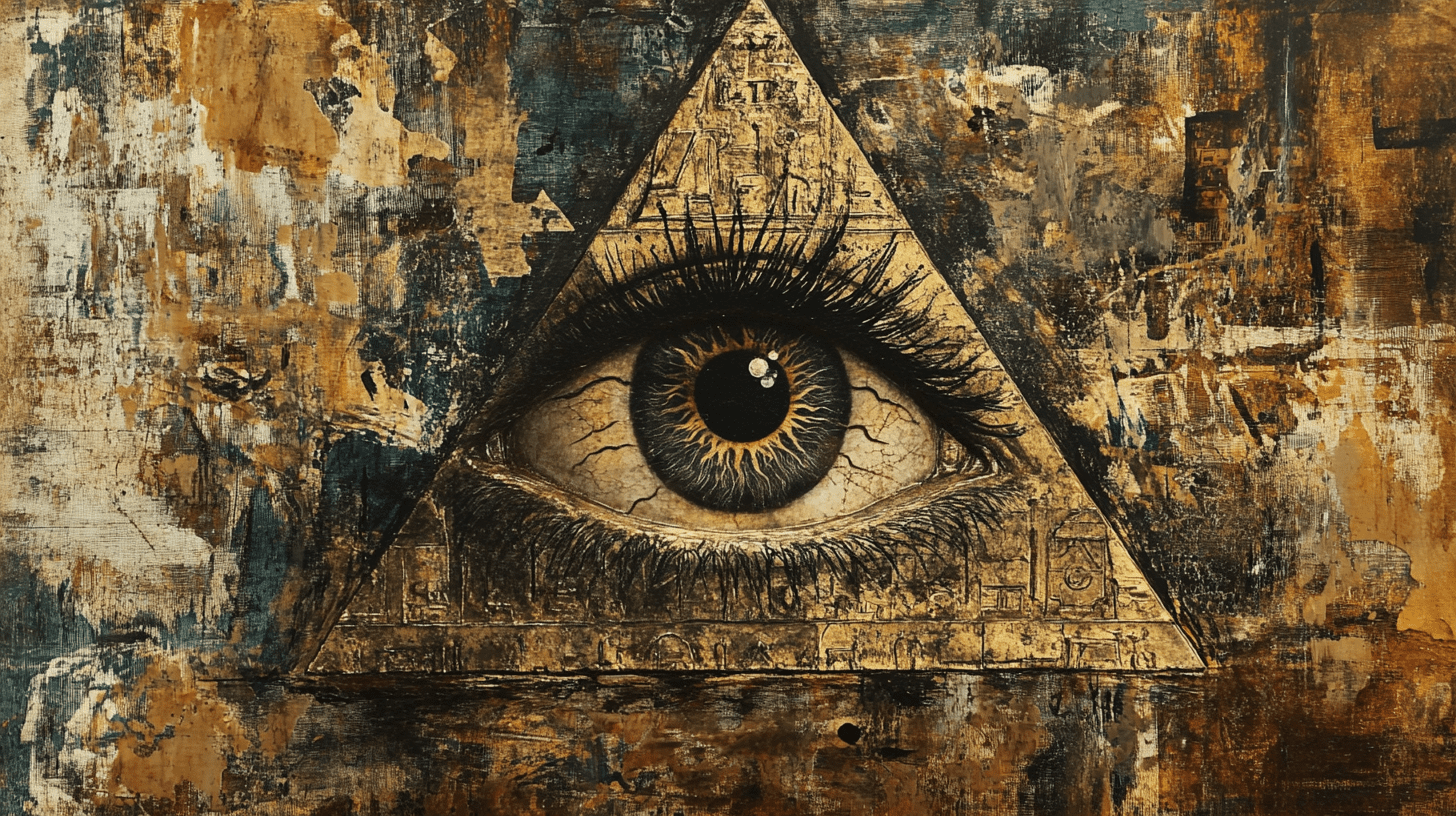America’s history is filled with whispers of secret societies working behind the scenes. From revolutionaries to intellectual elites, these groups shaped events, influenced politics, and built traditions that linger today. Their rituals were hidden, their meetings cloaked in mystery. Ready to uncover the secrets they left behind?
The Grange (Order of Patrons of Husbandry)
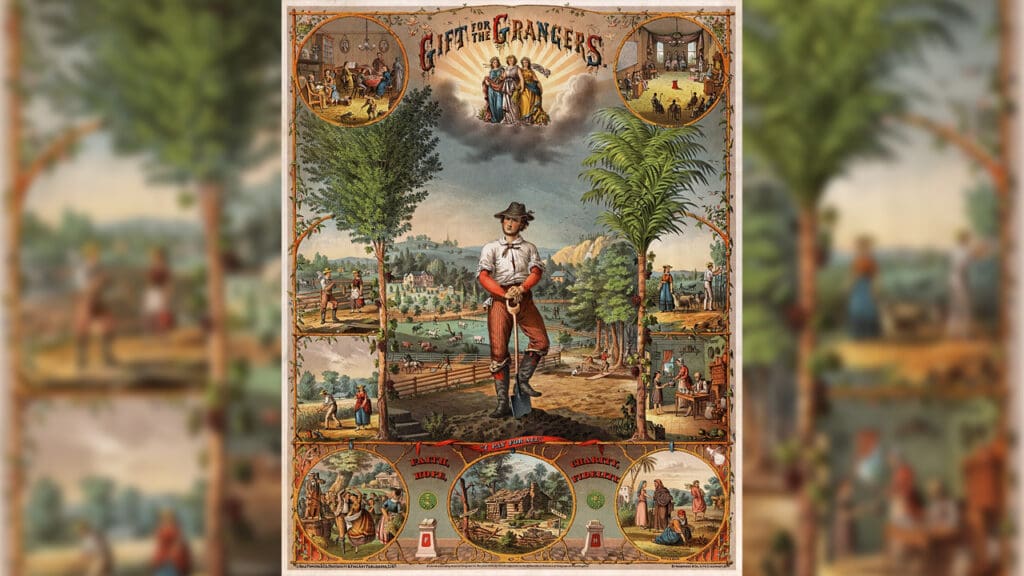
The Grange, officially the National Grange of the Order of Patrons of Husbandry, was founded in 1867 to unite farmers and promote agricultural reform. What started as a social and educational organization quickly became a powerful force advocating for farmers’ rights against railroads and monopolies.
With secret rituals and fraternal bonds, it built a sense of community while driving political change. Today, the Grange still stands as a symbol of grassroots organizing and rural empowerment.
The Sons of Liberty
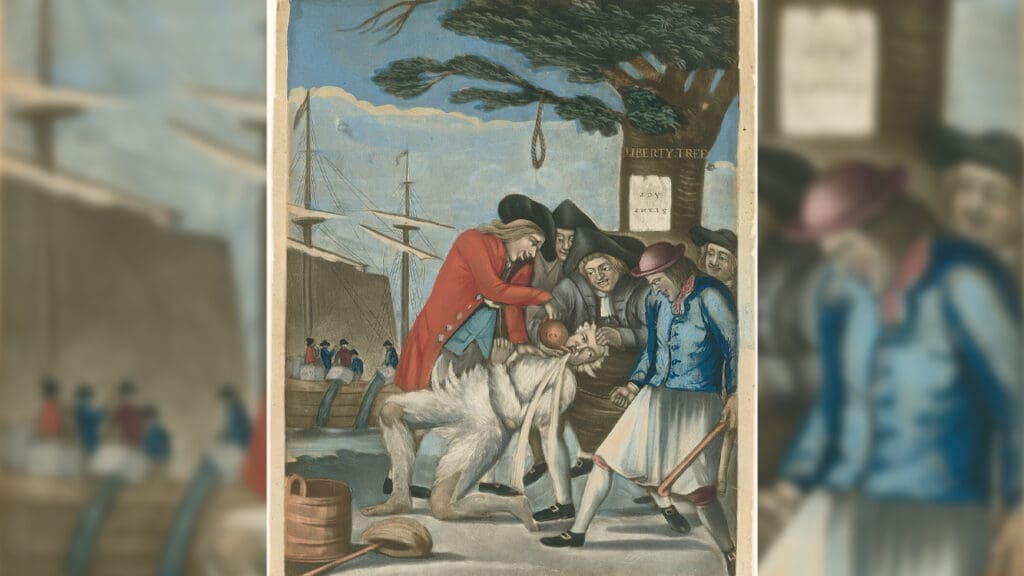
The Sons of Liberty were a secret society that fueled the flames of the American Revolution. Formed in the 1760s, they organized protests against British taxation, most famously the Boston Tea Party.
Operating in secrecy, they used everything from pamphlets to public demonstrations to rally support for independence. Their actions shaped the path to revolution and left a legacy of standing up to tyranny in American history.
The Bohemian Club
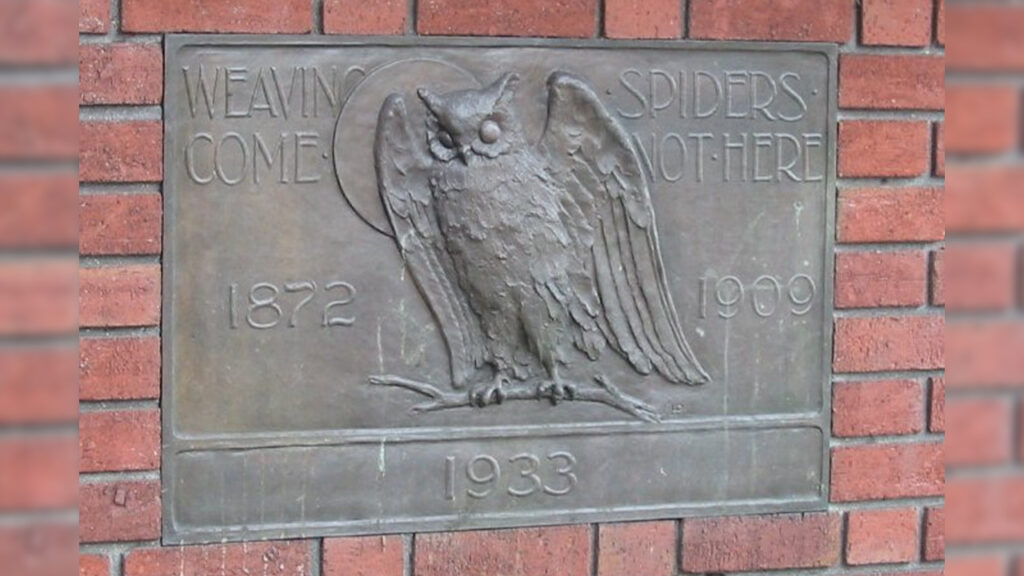
The Bohemian Club, founded in 1872, is an elite, male-only society known for its secretive gatherings at Bohemian Grove in California. Its membership includes some of the most powerful men in politics, business, and entertainment.
Each summer, they retreat for elaborate rituals, networking, and off-the-record discussions about global affairs. Shrouded in mystery, the club has sparked endless fascination and conspiracy theories about its influence on world events.
The Phi Beta Kappa Society
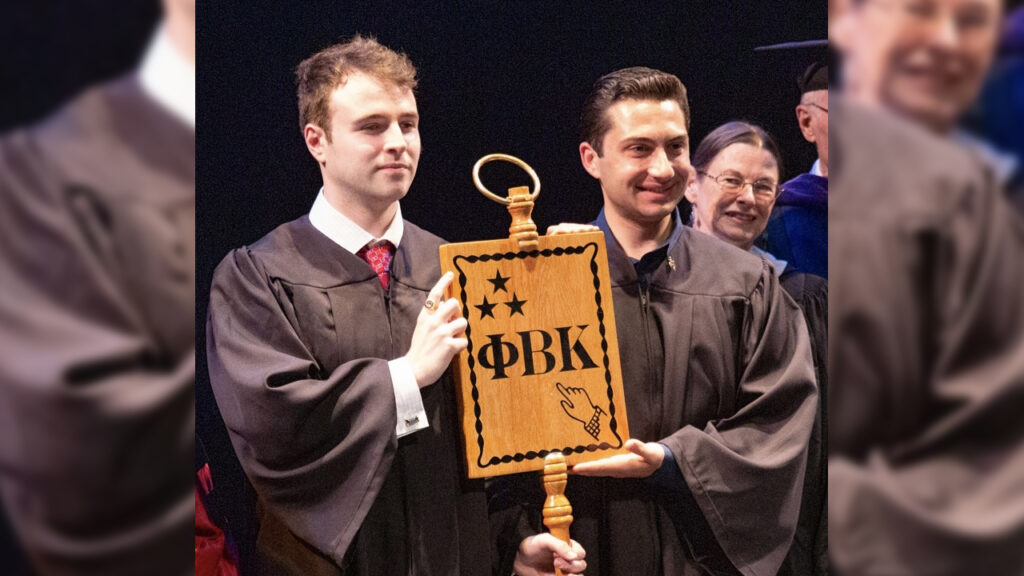
Phi Beta Kappa, founded in 1776 at the College of William & Mary, is America’s oldest academic honor society. Originally formed as a secret society, it was dedicated to fostering intellectual debate and upholding principles of freedom, inquiry, and knowledge.
Its members have included some of the nation’s greatest minds, shaping the ideals of higher education and academic excellence in the United States. Today, it remains a prestigious symbol of scholarly achievement, though its operations are no longer secret.
The Black Hand
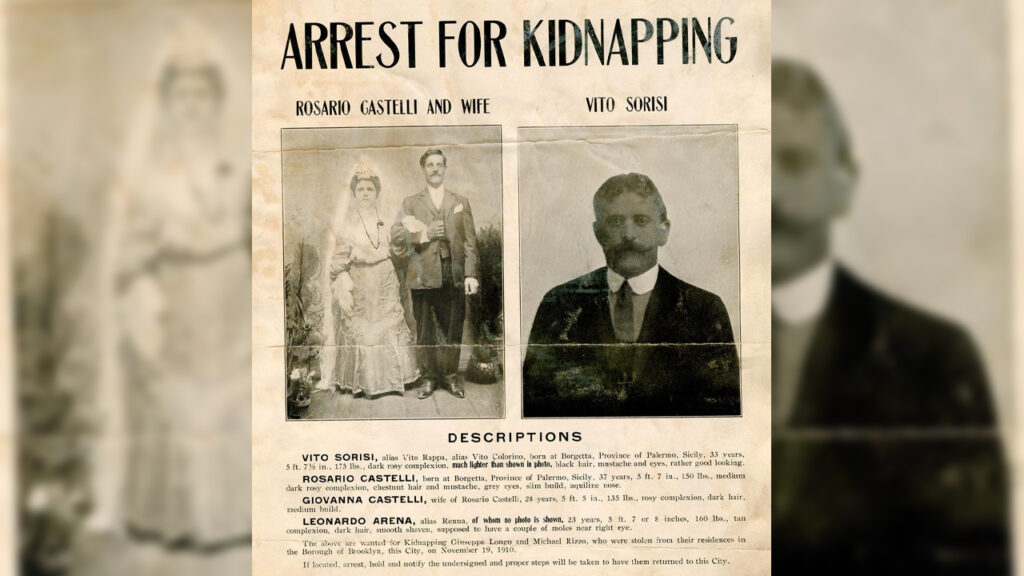
The Black Hand was a secret criminal society that gained notoriety in the early 20th century among Italian immigrant communities in the United States. Known for their extortion tactics, they would send threatening letters demanding money, often sealed with a black handprint as a signature.
Their activities created widespread fear and led to significant law enforcement efforts to combat organized crime. While their exact structure remains mysterious, the Black Hand left a lasting mark on America’s early fight against mafia influence.
The Order of Skull and Bones
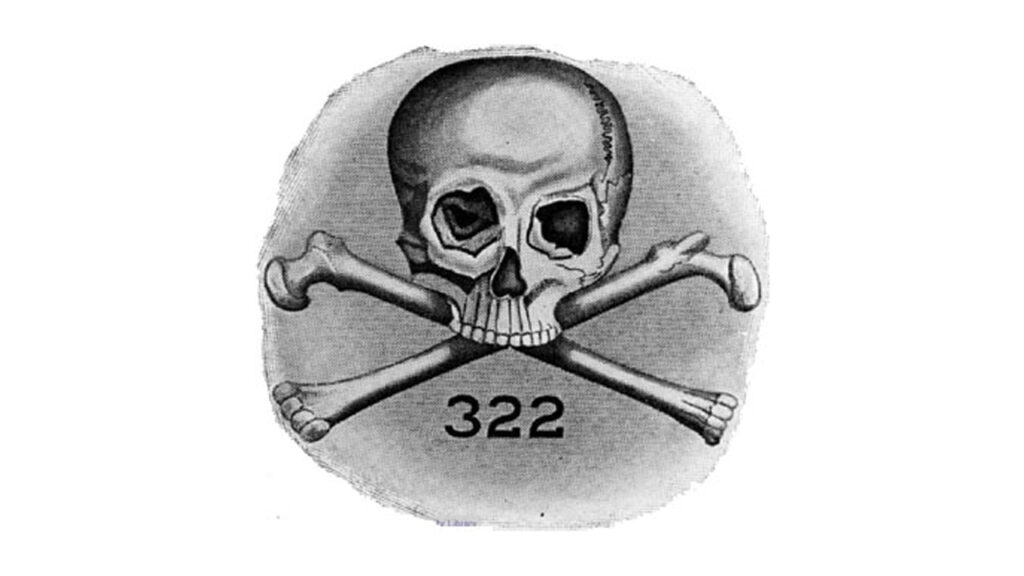
Skull and Bones, founded in 1832 at Yale University, is one of America’s most famous secret societies. Known for its exclusive membership, it has included influential figures like presidents, Supreme Court justices, and business magnates.
Shrouded in mystery, the society conducts secretive rituals and has long been rumored to influence American politics and finance. Despite its secrecy, its alumni’s impact on the nation’s history and leadership is undeniable.
The Molly Maguires
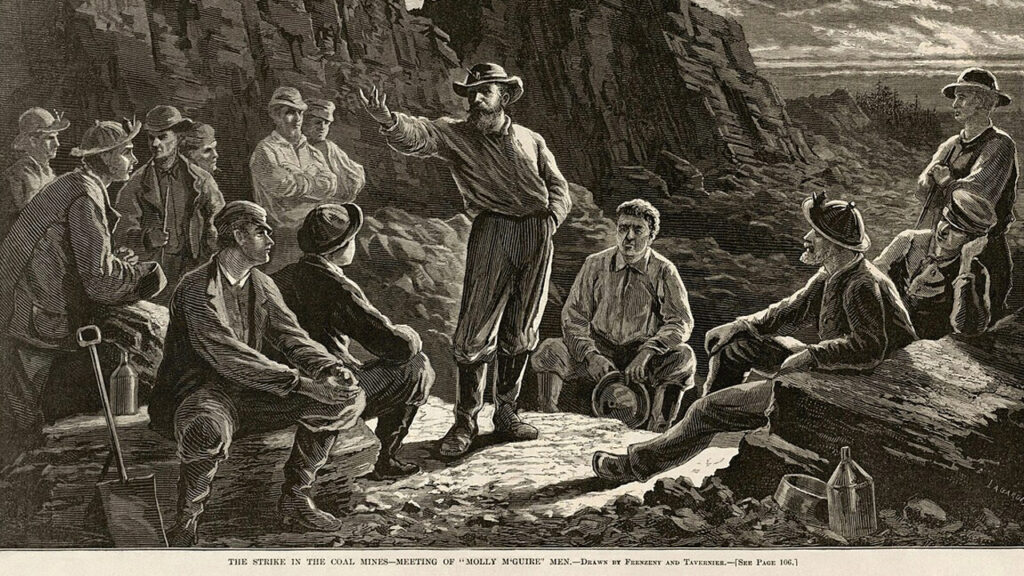
The Molly Maguires were a secret society of Irish-American coal miners active in 19th-century Pennsylvania. They emerged to fight back against dangerous working conditions, unfair treatment, and exploitation by powerful mine operators.
Using tactics that ranged from strikes to sabotage, they became symbols of labor resistance during a time of intense industrialization. While their actions were controversial, they played a critical role in the early fight for workers’ rights in America.
The Odd Fellows

The Odd Fellows, officially known as the Independent Order of Odd Fellows (IOOF), is a fraternal organization established in America in 1819. With roots in England, it aimed to promote friendship, charity, and truth through mutual aid and community service.
The society used secret rituals and symbols to strengthen bonds among its members while funding social welfare programs like orphanages and homes for the elderly. The Odd Fellows significantly shaped the tradition of fraternal organizations in American civic life.
Related: 10 Bizarre Cases of Real World Mass Hysteria
The Illuminati
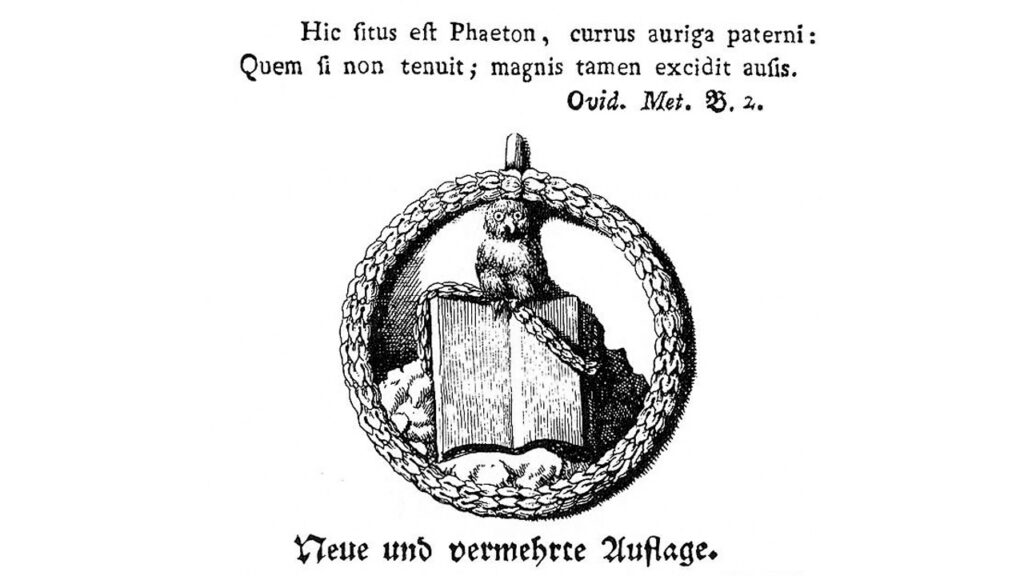
The Illuminati, originally founded in Bavaria in 1776, has become synonymous with secrecy and conspiracy. Though the original group sought to promote Enlightenment ideals like reason and individual freedom, it was banned within a decade.
In the centuries since, the Illuminati has taken on a mythic status, often portrayed as a shadowy force influencing world events, including in America. While their actual existence in modern times is debated, the idea of the Illuminati continues to captivate imaginations and fuel countless theories.
Related: 25 Fascinating Facts About Life in Ancient Egypt
The Freemasons
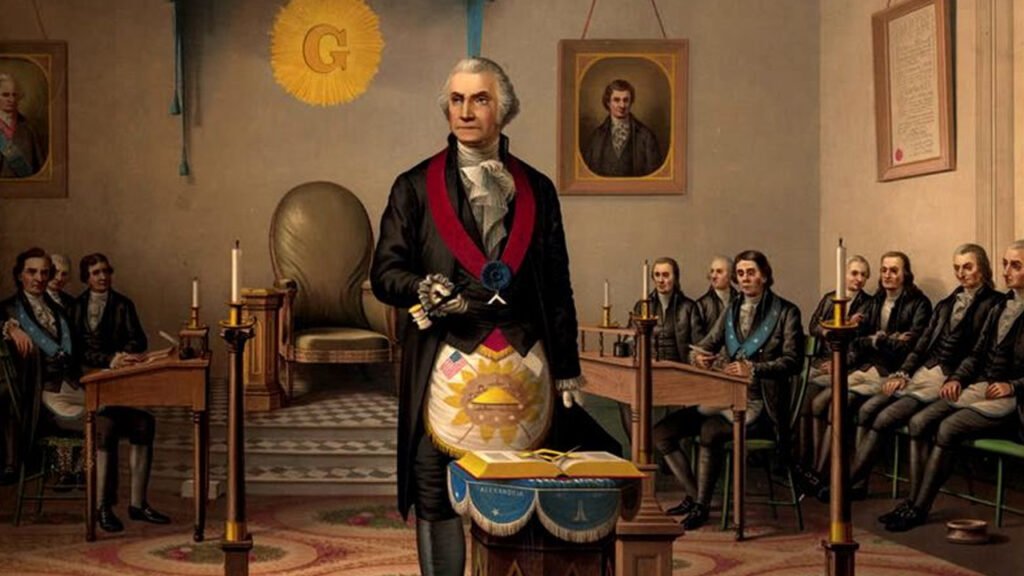
Freemasonry, one of the world’s oldest fraternal organizations, has played a significant role in American history. Established in the 18th century, its principles of brotherhood, charity, and moral development attracted key figures like George Washington and Benjamin Franklin.
The group’s secretive rituals and symbols, like the compass and square, have sparked intrigue and theories about their influence on American institutions. While no longer shrouded in as much mystery, Freemasonry’s legacy is deeply embedded in the fabric of the nation.
Related: Lost in Time: The 10 Most Mysterious Cities in Ancient History

